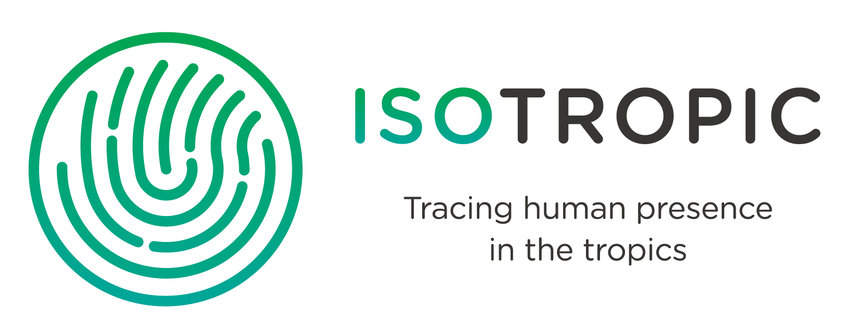A new multidisciplinary study published in
PLOS ONE, led by a collaboration between the Max Planck Institute of Geoanthropology, Scientia Consultoria Científica, and Universidade Federal do Pará in Brazil highlights the importance of the use of diverse wild plants and animals, indigenous domesticates, and river resources in different parts of the Amazon Basin.
more


